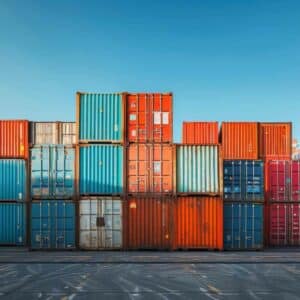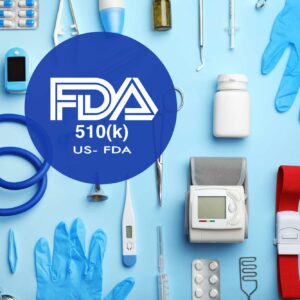FDA welcomed 2022/2023 Voluntary Qualified Importer Program (VQIP) Participants, as the benefit year begins October 1, 2022.
FDA’s VQIP provides a unique badge of honor for importers, signifying that importers have obtained a high level of safety and security over their supply chains. While bearing conceptual similarities to CBP’s trusted trader programs, we also like to think of VQIP as providing a “TSA pre-check” for food imports: that the importer’s supply chain controls are so robust that the importer can pass through ports of entry relatively seamlessly–shoes on and in a designated fast lane. See here for a current list of VQIP participants.
In brief, VQIP is a voluntary, fee-based program that provides participating importers expedited review and entry of both human and animal foods into the United States. Mutually beneficial for both customers and importers, participating importers can quickly and predictably import their products into the U.S. avoiding unexpected delays at the point of entry. The speed at which entries will enter the U.S. also provides the customer confidence and reliability in the supply chains.
To participate, importers must meet eligibility criteria and pay a user fee that covers FDA’s costs to administer the program. For interested importers, it’s important to begin preparation for the next application period which will reopen January 1, 2023 and remain open through May 31, 2023 for the 2023/24 program.
VQIP importers can take advantage of the following perks:
- Faster and easier entry: FDA will expedite import entry into the U.S. for all foods included in an approved VQIP application. The agency will use its Predictive Risk-based Evaluation for Dynamic Import Compliance Targeting (PREDICT) as an import screening tool to recognize foods that are VQIP-approved. The tool is designed to recognize and, in many cases, immediately release the shipment, unless of course examination and sampling are required for public health reasons.
- Limited examination and sampling: FDA limits examination and/or sampling of VQIP food entries to the following: (1) “for cause” situations (i.e. investigation of an outbreak or illness); (2) to obtain statistically necessary risk-based microbiological samples (based on non-targeted surveillance sampling); or (3) to audit a small percentage of import shipments covered by VQIP to verify that products declared in a VQIP entry are consistent with products covered in the VQIP application.
- FDA Sampling at Preferred Location: If FDA examines a VQIP-covered entry, FDA will make best efforts to examine the entry and collect samples at the VQIP food destination or other location preferred by the VQIP importer. If U.S. entry is denied, FDA will assist in fulfilling an importer’s request to CBP to export the refused products from the port preferred by the importer.
- Faster Lab Results: FDA laboratories prioritize processing of VQIP samples if FDA collects a sample of a VQIP food import entry.
- Designated VQIP Importers Help Desk: FDA maintains a designated VQIP-Importers only help desk to respond to questions and help resolve issues.
To be eligible, applicants must have a 3-year history of importing food to the US, use paperless filers/brokers who received an acceptable rating during their last FDA Filer Evaluation, have no foods that are imported (including those in the VQIP application) be the subject of an Import Alert or Class 1 recall at the time of application submission, and the applicant or non-applicant entities associated with a VQIP food cannot be the subject of any ongoing FDA administrative or judicial action. In other words, no open Warning Letters or other enforcement actions can be on the table. Additionally, the VQIP applicant must develop and implement a VQIP Quality Assurance Program, have a current facility certification for each foreign supplier of the food that will be imported under VQIP, have no CBP enforcement actions, and must pay a user fee before October 1, the start of the VQIP fiscal year.
While it may sound like a burdensome list, many companies likely already have much of this in place due to demands of big box retailers and other customer requests. For all importers who have dealt with FDA delays at the border, storage fees, and frustrated customers, VQIP provides an opportunity to establish and benefit from a relationship of trust with the FDA and may well be worth the investment.
Please reach out to us for support on VQIP, the Food Safety Modernization Act, and other food regulatory issues, import or otherwise.


